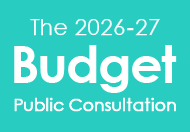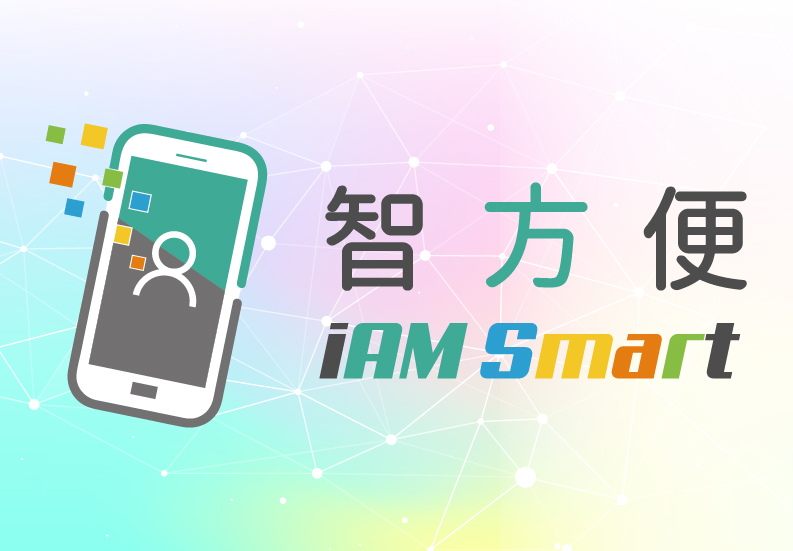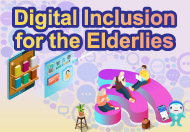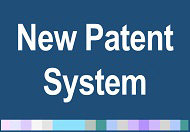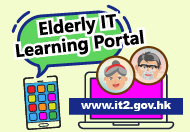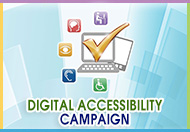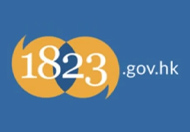Legal Cases
This is a list of legal cases related to digital accessibility matters. It is not intended to be a detailed or exhaustive repository but rather a brief and quick reference to what's happening in the fields of equal opportunities in accessing website information and services.
| List of Cases |
|---|
Target.com CaseNot compatible with screen readersBackground In 2006 – 07, National Federation of the Blind, National Federation of the Blind of California, Bruce Sexton, and all those similarly situated (the Plaintiff) lodged a complaint against Target Corporation (the Defendant), one of the largest retailers in United States, alleging that certain features of its website (www.Target.com) were not accessible to persons with visual impairment using text-to-speech assistive technology. The Plaintiff alleged the Defendant not making its website accessible to visually impaired users for online functions such as ‘purchase’, ‘redeem gift cards’ and ‘find stores location’. Accusing that the Plaintiff had been denied access the enjoyment of goods and services offered in Target stores. Ruling of Court
Key Learning If a website is not developed with proper coding and has not been tested with appropriate techniques and tools, its webpage contents may not be fully accessible by persons with disabilities using assistive technology, hence creating barrier for them in accessing website information and services. The ruling of this case sets the precedent requiring retailers to make their websites accessible to visually impaired persons under the Americans with Disability Act (ADA). As good practices of making an accessible website, user interface components and functions should be operable by all people who may use assistive technology, in such a way that navigation can be completed using keyboard interface instead of a mouse. Reference Final Judgment And Order Approving Settlement And Dismissing Claims National Federation of the Blind et al v. Target Corporation by United States District Court Northern District of California in 2009 |
ePass CaseOnline transactional services not accessibleBackground In September 2010, a Canadian citizen Donna Jodhan (the Plaintiff) lodged a complaint to the Attorney General of Canada (the Defendant) due to difficulties in using online government services such as searching for jobs online, creating an online profile and completing census online. Notwithstanding the Canada Government’s accessibility standards for the visually impaired in effect since 2001, a web portal service “ePass”, which required users to input personal information failed to conform to the required accessibility standards (e.g. provision of accessible online input fields and downloadable forms), making it difficult for persons with visual impairment in using this e-service. Ruling of Court
Key Learning For a person with visual impairment who wishes to obtain information from an organisation or a government agency, there are always alternative channels other than surfing the Internet, such as in person, by telephone and by mail. However, these alternatives do not constitute substantively equal treatment and may induce loss of independence or ability to get timely information on an equal basis with a sighted person. Hence, making the online contents as accessible as practicable will help provide timely information to the public including persons with disabilities on an equal basis. Reference Citation of Jodhan v. Canada (Attorney General), 2010 FC 1197, [2011] 2 F.C.R. 355 by Office of the Commissioner for Federal Judicial Affairs Canada in 2011 |








